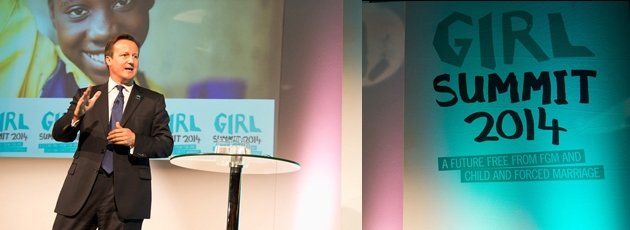- Home
- News & Blogs
- About Us
- What We Do
- Our Communities
- Info Centre
- Press
- Contact
- Archive 2019
- 2015 Elections: 11 new BME MP’s make history
- 70th Anniversary of the Partition of India
- Black Church Manifesto Questionnaire
- Brett Bailey: Exhibit B
- Briefing Paper: Ethnic Minorities in Politics and Public Life
- Civil Rights Leader Ratna Lachman dies
- ELLE Magazine: Young, Gifted, and Black
- External Jobs
- FeaturedVideo
- FeaturedVideo
- FeaturedVideo
- Gary Younge Book Sale
- George Osborne's budget increases racial disadvantage
- Goldsmiths Students' Union External Trustee
- International Commissioners condemn the appalling murder of Tyre Nichols
- Iqbal Wahhab OBE empowers Togo prisoners
- Job Vacancy: Head of Campaigns and Communications
- Media and Public Relations Officer for Jean Lambert MEP (full-time)
- Number 10 statement - race disparity unit
- Pathway to Success 2022
- Please donate £10 or more
- Rashan Charles had no Illegal Drugs
- Serena Williams: Black women should demand equal pay
- Thank you for your donation
- The Colour of Power 2021
- The Power of Poetry
- The UK election voter registration countdown begins now
- Volunteering roles at Community Alliance Lewisham (CAL)
The first ‘Girls Summit’
This Tuesday, the UK government and UNICEF had the privilege to host the first ‘Girl Summit’, aimed to bring together the international community to end female genital mutilation (FGM) and child, early and forced marriage (CEFM) within a generation. Girls and woman should have the right to live freely from violence and abuse and make decisions independently, but millions across the world are prevented from these basic rights.
According to a global prevalence study, more than 700 million girls worldwide were married as children, with one-in-three being married before their 15th birthday. The study by UNICEF also revealed that 130 million girls and women have experienced some form of FGM, and with it still on the rise, the issue needs to be tackled, especially in countries were the practices are most common.
Unicef Executive Director Anthony Lake spoke at the conference saying:
FGM and child marriage profoundly and permanently harm girls, denying them their right to make their own decisions and to reach their full potential. They are detriments to the girls themselves, their families, and their societies”.
He added:
Girls are not property; they have the right to determine their destiny”.
The summit also highlighted the risk of FGM, not just extreme physical and psychological pain, but also the risk of prolonged bleeding, infection, infertility and death, whilst child marriage can lead to a lifetime of disadvantage and deprivation.
David Cameron also spoke at the summit saying that:
These practices are a violation of girls' rights. They are a total violation of a chance to enjoy your childhood and a chance to have a fulfilling life." Cameron spoke about the commitment all the countries need to make to tackle these issues, and how the British Government is also taking action with its new FGM prevention programme.
The General Secretary of the UN, Ban Ki-moon said:
I commend global leaders and brave activists confronting these problems especially the courageous young women in affected communities, they deserve our full support”
Also speaking at the event were a number of women who had been forced to undergo FGM; among these women was Alimatu Dimonekne. She was subjected to FGM at the age of 16, just before arriving to Britain. She explained her story saying:
Getting me cut was my grandmother's gift to me - it was my preparation for marriage and she didn't want me to forget my culture. I was told if you ever talk about this, you will die."
Dimonekne described the trauma she went through, saying:
I still have flashbacks: the screams, the sounds and the smell of blood."
She is only one of 137,000 women in England and Wales who have experienced FGM.
The summit also welcomed politicians and campaigners from across the globe. Among those was campaigner Malala Yousafazi, who believes the only way to end FGM and forced marriages, is through education. She spoke at the summit saying:
We shouldn't be followers of those traditions that go against human rights. We're the human beings and we make the traditions. Traditions aren't sent from heaven, from God - we make cultures. We have the right to change them and we should."
The summit bought together people from all around the world, with different ethnicities and cultures, altogether to become one, to tackle this worldwide issue. The summit has left a momentum going, but know world leaders need to put these words into action. They need to put services in place to help victims of FGM and forced marriages so that they are able to turn their life around. Communities need to work together to support their young girls to ensure them a brighter and safer future.
Roshni Vekereya
